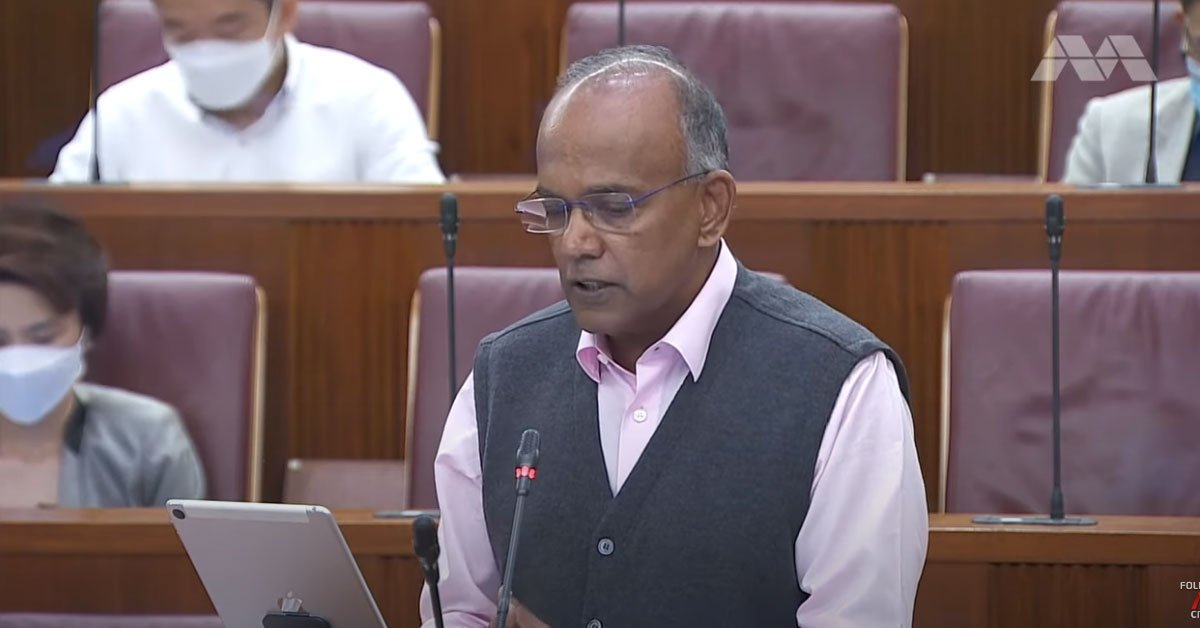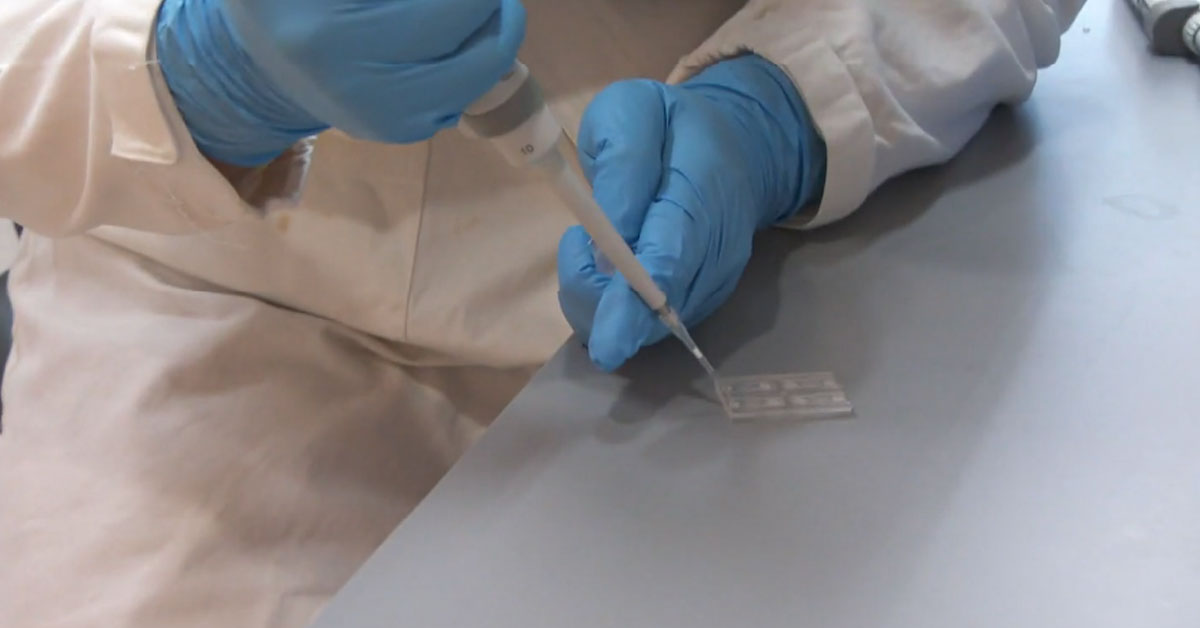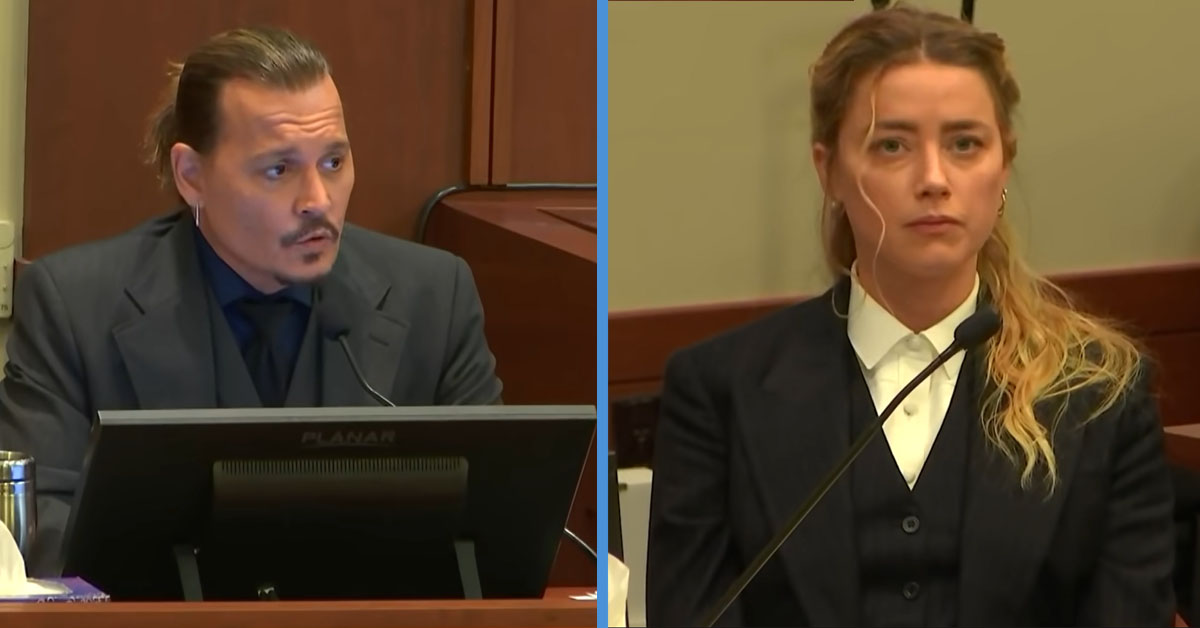83 years ago, the British colonial rulers of Singapore introduced a set of sedition laws to protect the Crown and government from any potential uprising.
Fearful of a local rebellion against the government, the colonial rulers made any acts, speech, or writing illegal if it incited feelings of enmity against them.
It’s been quite some time since the British left, though, and though the laws under the Sedition Act were recently invoked in 2016, they have since been deemed to be no longer relevant.
Parliament Repeals Sedition Act That Has Once Been Used Against The Real Singapore Owners
Parliament voted yesterday (5 Oct) to repeal the Sedition Act, which has been in place since 1938.
As Home Affairs and Law Minister K. Shanmugam explained, some aspects of Act are “no longer relevant and have not been relevant for a long time”.
“For instance, the excitement of disaffection against the Government shouldn’t be criminalised. I think if it is, a lot of people, including many in this house, would be considered criminals,” he said.
The Sedition Act criminalises conduct with seditious tendencies including promoting disaffection against the government.
Since our independence in 1965, it has been used and resulted in prosecutions six times. It was most recently used in 2016 against the owners of The Real Singapore website.
Yang Kaiheng, the founder, was sentenced to 8 months’ jail for sowing discord between Singaporeans and foreigners through a series of articles on the site.
So, Why Wasn’t It Repealed Earlier?
As Mr Shanmugam explained in his speech, the Act wasn’t repealed earlier because some of the other provisions were relevant.
See, while some aspects of the Act are covered by other laws, other parts of the acts aren’t.
One part of the act that is not covered in any other law is conduct that promotes feelings of ill-will and hostility between different groups of the population, the Law Minister said.
It’s for this reason that amendments to the Penal Code and the Criminal Procedure Code will be made to “ensure that that aspect, to safeguard social cohesion in Singapore, is maintained,” he said.
Mr Shanmugam noted that there are already laws protecting racial and religious harmony, but no legislation which safeguards social cohesion between other groups of residents, including along the lines of language and socio-economic status.
Consequently, an amendment will be to section 267C of the Penal Code, which criminalises the making, possession, or distribution of material containing any incitement of violence against others, counselling others to disobey the law, or to commit acts that are likely to lead to a breach of the peace.
The section will now cover speeches and other forms of verbal communication.
The threshold as to what constitutes an offence under the section will also be raised, by requiring proof of a “mental fault element”.
This “mental fault” means that the perpetrator must have intended for the offence to have taken place, or be aware that his actions were against the law.
In addition, the phrase “counselling disobedience to the law” will be defined to mean “providing of instruction, advice, or information that promotes disobedience to the law,” Mr Shanmugam said.
Lastly, in light of the Sedition Act getting repealed, other offences in the Criminal Procedure Code will be made arrestable to “ensure that the police can continue to be effective in investigations where particularly social cohesion is concerned,” the Law Minister added.
These are:
- deliberate wounding of any person’s racial or religious feelings
- promoting disharmony between different racial or religious feeling
- publishing with the intent to incite any group of persons to commit an offence against another group of persons
Read Also:
- The Real Reason Why Singapore Hasn’t Implemented 4-Day Workweek
- Record 3,486 COVID-19 Cases Reported on 5 Oct with 9 New Deaths
Featured Image: YouTube (CNA)



